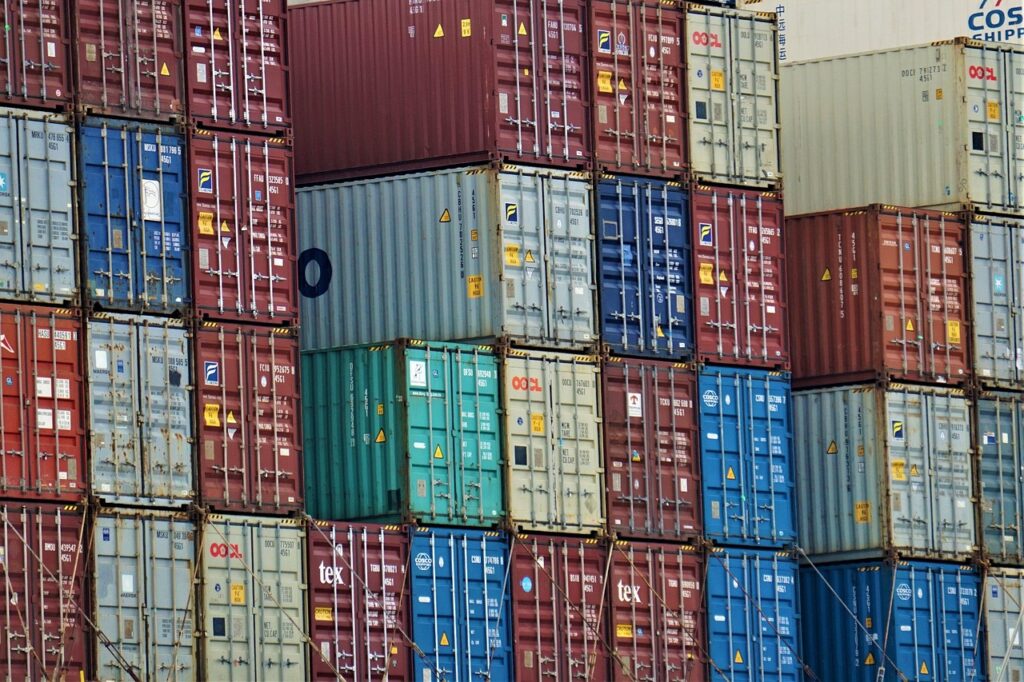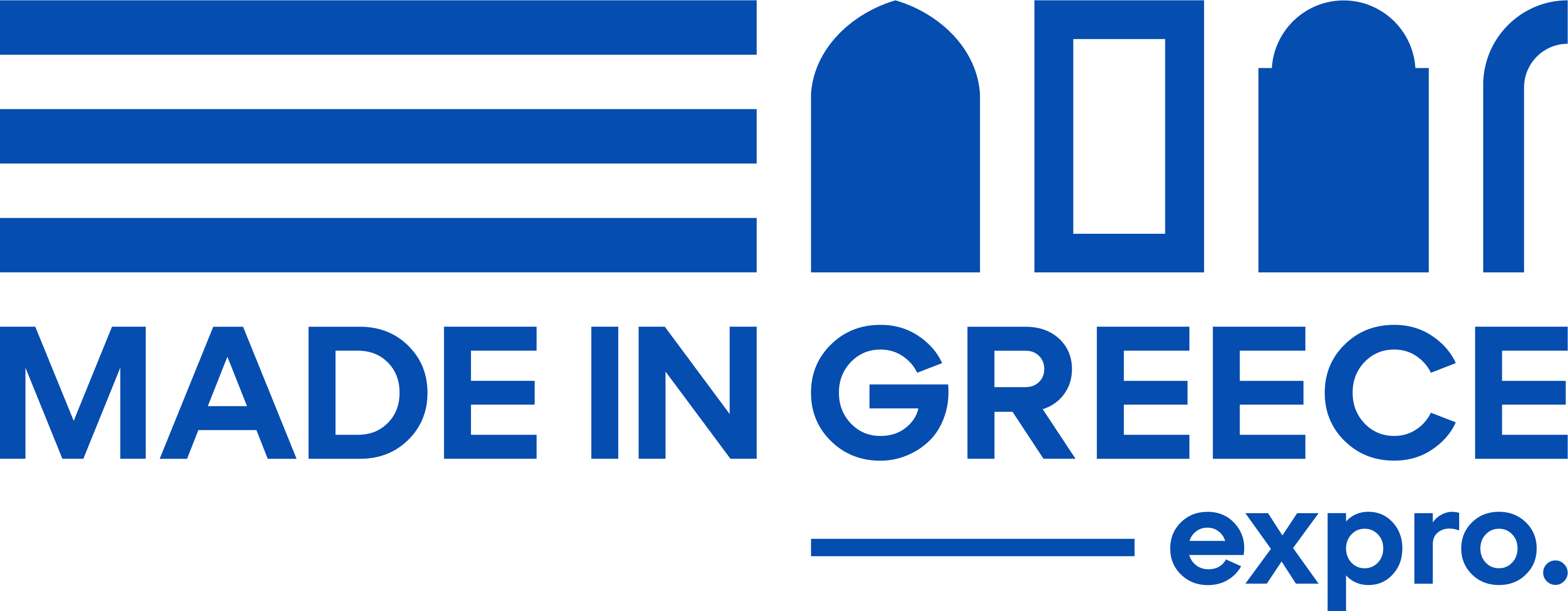
In the midst of the ongoing debates surrounding tariffs, a promising opportunity emerges for the Greek economy. This potential will be explored through insights shared by officials at the Delphi Economic Forum.
During a discussion on the bilateral trade and investment relationship between Greece and the United States, Christos Marafatsos, President of Greek Americans for Trump, emphasized the need for diversification in Greek exports. He remarked, “Greek exports should extend beyond yogurt and cheese—they should encompass technology, energy, shipping, and the defense industry. These sectors come with significant infrastructures that hold both value and potential. They could facilitate a strategic agreement between Kyriakos Mitsotakis and Donald Trump, benefiting both nations.”
How can Greece capitalize on this opportunity?
The key lies in the much-anticipated transformation of the country’s productive model. However, this proposition, according to seasoned economist and Deputy Governor of the Bank of Greece, Theodoros Pelagidis, is often discussed without actionable steps.
Why is that?
Pelagidis explains, “A productive model is not dictated by a minister or government; it is fundamentally shaped by market forces. For anyone looking to create a distinctive productive model, it is essential to consider tariffs, implement vertical industrial policies, and adopt various measures that may conflict with European regulations. Moreover, it is critical to have a sufficiently large internal market, which presently poses a challenge for Greece.”
In summary, while the current discourse on tariffs presents an opportunity for Greece, realizing this potential will require a comprehensive and market-driven approach to the country’s economic framework.
What is the solution, then?
To set the Greek economy on the right track, we must focus on several key areas: removing barriers for businesses, improving the education system, and strengthening the administration of justice and institutions. Currently, the political system is large, bloated, and ineffective, which negatively impacts the market.
Thus, the solution lies within politics.
But how can we achieve this change?
Prime Minister Kyriakos Mitsotakis has indicated a path forward for Greece and Europe. He emphasized the importance of using the 90-day window for a candid discussion about tariffs between the US and Europe, advocating for a mutually beneficial agreement. “I remain cautiously optimistic that there is room for maneuver (…) Greece is a small but open economy. Shipping is a key sector for us, and international trade is crucial for our growth. Therefore, we have every reason to protect the international order and the global nature of trade.”
During the informal Ecofin meeting, Minister of National Economy and Finance Kyriakos Pierrakakis echoed the Prime Minister’s call for a pragmatic approach, stating, “We must pursue specific policy options regardless of the scenario we face. This includes broadening our trade agreements with countries like India and fully implementing the recommendations from the Draghi and Letta reports to eliminate existing barriers within European economies.”
In this context, Trump’s insights, though indirect, offer a clear direction for progress both in Europe and in Greece.
The next 90 days present a crucial opportunity for us to engage in meaningful discussions and make critical decisions. By doing so, we can achieve dual benefits for our country: accelerating the implementation of a new economic model and enhancing Greece’s role within Europe and the global marketplace through active participation in all negotiations.
It’s a straightforward approach.
Author: Ioanna Dragona

 Add to favoritesNo tags for this post.
Add to favoritesNo tags for this post.